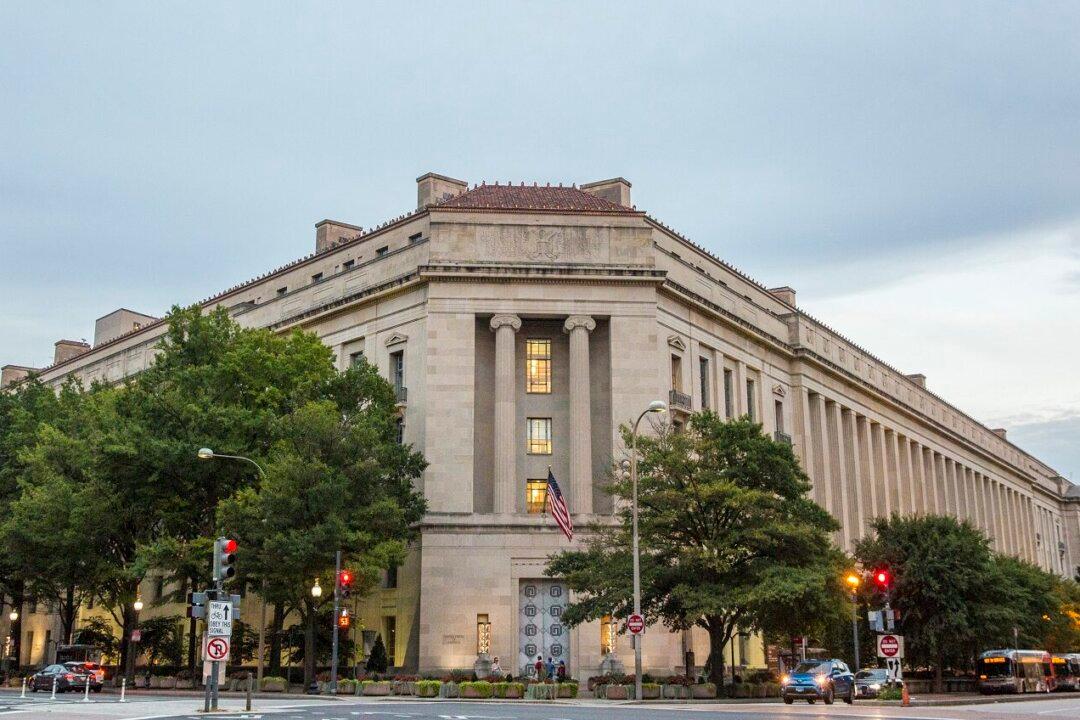The Trump administration is taking the unusual step this week of appearing in a state court to defend the religious freedom of Catholic schools.
Federal lawyers are expected to argue that federal constitutional rights are directly implicated by a state-level workplace discrimination lawsuit launched by a plaintiff who was fired for openly undermining church teaching in front of students.





